Published by EconomyNext
Sri Lanka’ 2023 budget will target subsidies and policies that promote a private-sector-led economy to help recover from the current unprecedented economic crisis, sources say.
President Ranil Wickremesinghe in his capacity as the finance minister will present his budget in the parliament later on Monday as the island nation is yet to see some strong policies to sustain its debts, control the economic crisis, and prevent all possibilities of a possible youth-led unrest through creating new job opportunities.
Wickremesinghe’s budget will mostly include policies that will make the International Monetary Fund (IMF) content mainly on fiscal tightening policies.
Those policies will include measures to increase government revenue and reduce state expenditure – to qualify for a $2.9 billion, 4-year IMF loan crucial to boost investor confidence and seek more global financial help to come out of the economic crisis.
The president’s office said the 2023 budget is aimed at long-term and stable economic growth.
“The 2023 budget has given special attention to the sectors of the capital market, export market, labour market, and digital economy and it is expected to achieve the budget targets through the social market
economy,” Wickremesinghe’s office said in a statement.
“This year’s budget will focus more on providing social welfare benefits to the people who need them most and creating a policy environment to build the private sector as the driving force of the
country’s economy.”
“Through the 2023 budget, the process of building a new economy tailored for the new world has been initiated aimed at creating a program to ensure a decent country for the youth.”
Shattered hopes
Millions of Sri Lankans will cautiously welcome Wickremesinghe’s budget with shattered hopes because most of the 22 million population is now forced to skip a meal or do an extra job to meet ends.
Wrong economic policies including politically-driven tax cuts and fertilizer ban by former president Gotanaya Rajapaksa have led the island nation to suffer from the economic crisis sooner than later.
White elephant infrastructure projects under previous president Mahinda Rajapaksa mostly funded by China, a bloated government sector that scoffs out 86 cents form each rupee of tax revenue, and unlimited money printing by the central bank had led the country to the current crisis.
Wickremesinghe, the leader of center-right United National Party (UNP) has repeatedly attempted to go for a private sector-led economy, but he lacked public support.
He has already reversed most of the tax cuts made by Gotabaya Rajapaksa who fled the country after tens of thousands of people stormed into his official residence on July 9 demanding him to resign. Rajapaksa, later resigned from Singapore.
“The budget should not promote much of the capital expenditure because we don’t have room for capex
anymore,” Umesh Morumudali, an economic analyst at Colombo University, told Economy Next.
Raj Prabu Rajakulendran, a senior research analyst at Verite Research said he expects the budget to have taxation policies that have better targeting.
Sources said Wickremesinghe may consider taxing mansions and properties as well as wealth to boost the revenue in addition to personal income tax despite them being unpopular.
Difficult process
Wickremesinghe will be forced to reduce the public sector as the government will not be in a position to fund their salaries from the tax revenue after the IMF loan programme demands to stop money printing, sources say.
“He will not only have to reduce the government sector, but also he will have to stop the waste and corruption within the state sector enterprises,” a Colombo-based economic analyst said.
“People do not want to pay taxes because they see their tax money is largely wasted in state owned enterprises. Unless the president can reverse this trend, he will never succeed in increasing the tax revenue.”
The president’s budget also comes after Sri Lanka defaulted on its sovereign debts in May this year and market interest rates are at a record over 30 percent, making borrowing and investments more expensive.
Wickremesinghe’s government is also facing it tough with record inflation of around 70 percent which has eroded investor confidence and reduced the rupee currency’s value by around 50 percent.
Analysts have said though he has promised to deliver most needed reforms through the current budget, his drive would be limited because he does not have his own party legislators to back him at the parliament. He only has only one lawmaker in the 225-member parliament.
His budget also comes at a time when people are on daily street protests demanding better governance, to eliminate corruption, and new faces at the policy making level.
Wickremesinghe’s budget also will have to manage geopolitics and an emerging cold war between India and China in and surrounding Sri Lanka. (Additional reporting by Melkishiya Andrew) (Colombo/Nov14/2022)
